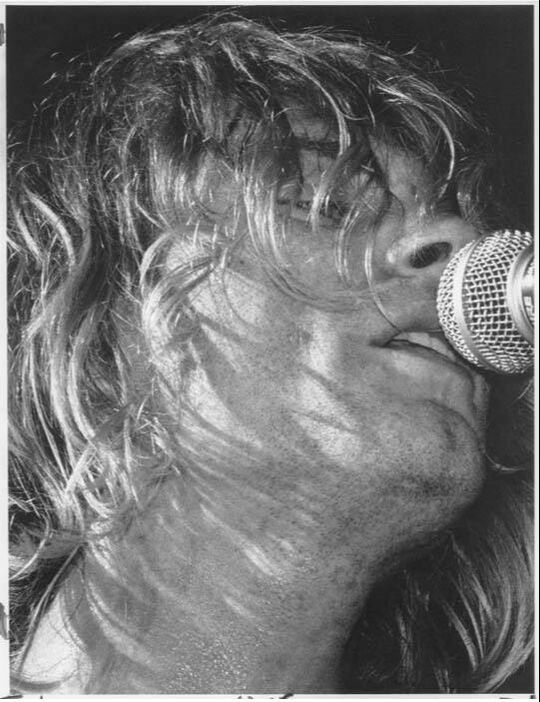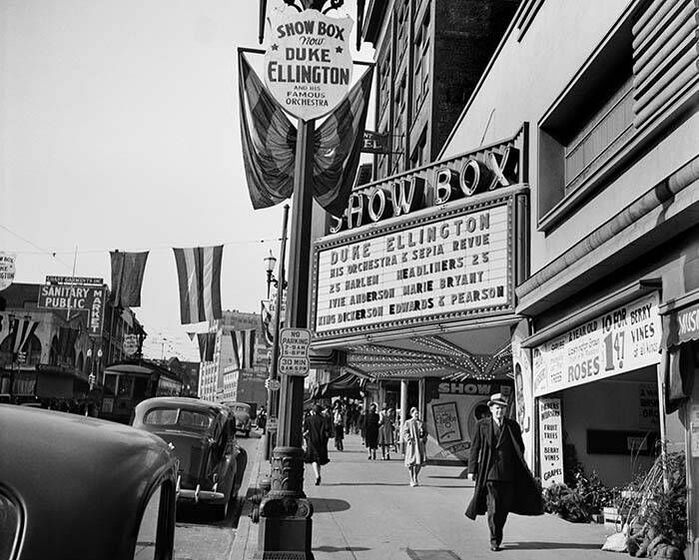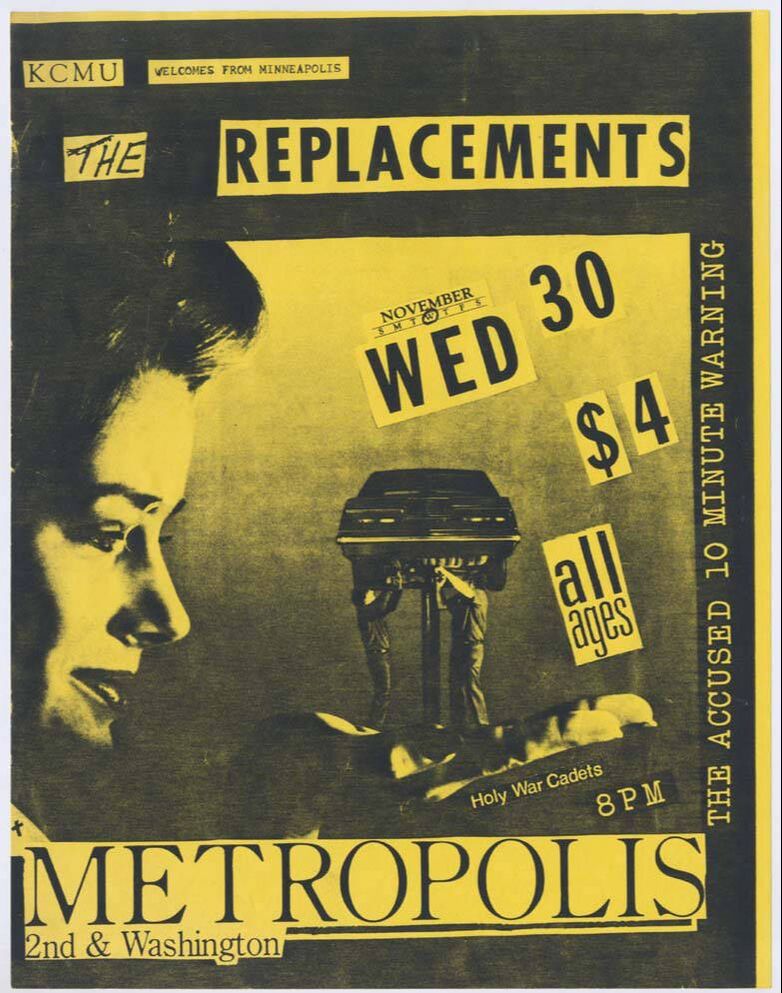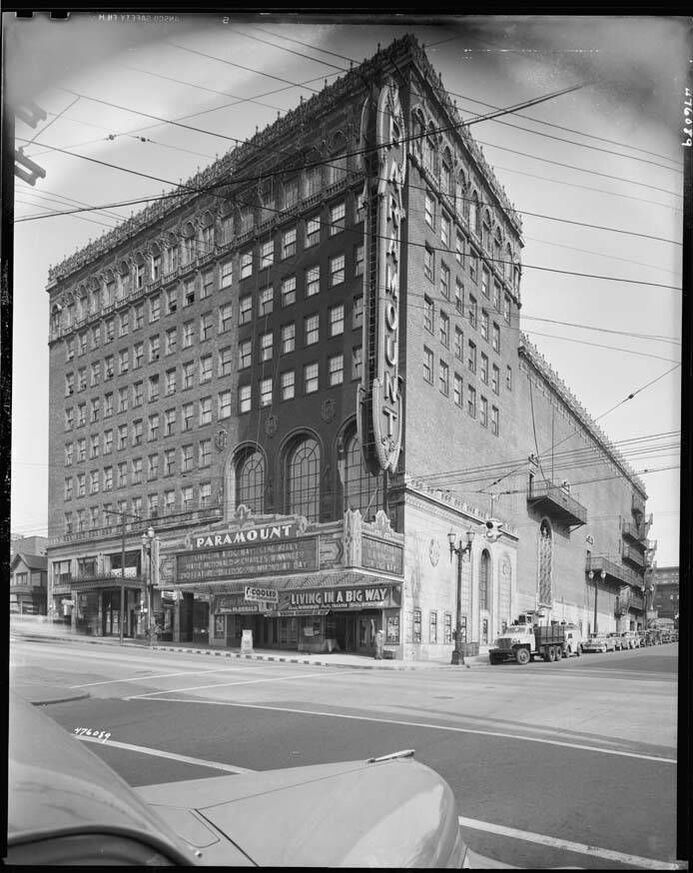|
Written by Vance
The Crocodile (formerly the Crocodile Café) Established right before the Grunge explosion in 1991, up until the pandemic this café and rock bar continued to be a hotspot for up-and-coming artists of all genres. Despite a brief closure, the club managed to stay in its original Belltown location for nearly 30 years. The legendary venue hosted such artists as Nirvana, Pearl Jam, Cheap Trick, R.E.M., Mudhoney, Yoko Ono, and many more. The club was even named #7 on Rolling Stone Magazine’s Best Clubs in America in 2013. The owners announced during the pandemic that they would be closing the original location and re-opening a few blocks away. The Showbox This is one of the oldest clubs on the list, established in 1939. It originally hosted big-name jazz shows from the likes of Duke Ellington, Nat King Cole, and Dizzy Gillespie. The more local jazz scene was located along Jackson Street. The iconic art-deco theater also supported the rise of grunge, with bands like Pearl Jam, Alice in Chains, and Nirvana playing multiple shows. That support has paid off, as members of those bands lent their voice to a petition to make the Showbox an official City of Seattle Landmark, saving it from demolition. You can still visit the club today, tucked right in between Pike Place Market and the Seattle Art Museum. El Corazón This club has gone by many names, including Graceland, Sub-Zero, The Eastlake East Café, Au Go Go, as well as the aptly named Off Ramp Café, and remained in its original 1910 building until very recently. A combination of rising property taxes and noise complaints led to the forced closure and demolition of the historic building, and it is being replaced with two apartment buildings. However, the owner has plans to move the club to a location close by the original. The club was the site of the first Pearl Jam show, then called Mookie Blaylock, and was known for hosting many grunge-era bands in their early days. Re-Bar Opened in 1990, this iconic LGBTQ bar has hosted all sorts of shows from Grunge bands to stand-up comedy to drag performances. It was also home to the infamous “Nevermind Triskaidekaphobia,” Nirvana’s release party for the titular album, where the band members were kicked out after starting a food fight. The club held out against development in the neighborhood for years, but sadly the club didn’t survive the Covid-19 pandemic and has closed its doors until further notice. The owners posted the announcement on their Facebook page in May 2020, linking the Beatles’ “Hello, Goodbye” in a hopeful farewell, with plans to relocate to south Seattle in Fall 2021. The Central Saloon By far the oldest on the list, this tavern/venue opened in 1892 after the Seattle Fire. Through many changes in name and ownership, this historic location continues to host musicians of all genres. However, one downside to remaining in the same 1800s building in Pioneer square is that the acoustics of the venue have not improved. Even after almost 100 years, the club remained an essential part of the Seattle grunge explosion. It was reportedly the location where Sub-Pop Records owners saw Nirvana play for the first time, leading to their first album recorded under the Sub-Pop label. Their website claims the title of the “birthplace of grunge,” as many now world-famous bands made their start playing The Central. Moe’s Mo’Roc’n Café This café opened at the peak of the Grunge era in 1993 and only lasted four years, until its closure in 1997. According to The Stranger, this club was just as influential as The Crocodile despite its short lifespan. Seattle’s Museum of Pop Culture has even made the original circus-inspired entrance arch a permanent addition to their collection. However, 5 years after the closure the original owners were able to resurrect the club as Neumo’s (pronounced New Moe’s) in early 2003. The new club featured an updated sound system and expanded standing room, and still hosts primarily local and indie-rock acts today. RKCNDY Pronounced “Rock Candy,” this iconic club was an all-ages rock haven during the era of the Teen Dance Ordinance, and was featured in our Rainy Day History Podcast for that very reason (Episode 12 - I need the volume higher). The club was prolific, featuring performances from every Seattle band of the 90s, including traveling acts from Radiohead, Joan Jett, Marilyn Manson, and The Verve. Opening in 1991 and closing on Halloween night 1999, this club’s life spanned the length of the Grunge era, inspiring the youth of Seattle to carry the music tradition into the next century. Formerly located south of the Re-Bar by the offramp, there now sits a SpringHill Suites Marriott hotel.
Sources:
1 Comment
Thank you for this great article about music venues in Seattle during the "grunge" era. It's really interesting to see how this small group of people and venues created an entire cultural movement that still resonates today. I'm especially impressed by how they kept the music scene alive through hard times and helped launch the careers of so many influential bands. It's truly remarkable.
Reply
Your comment will be posted after it is approved.
Leave a Reply. |





 RSS Feed
RSS Feed